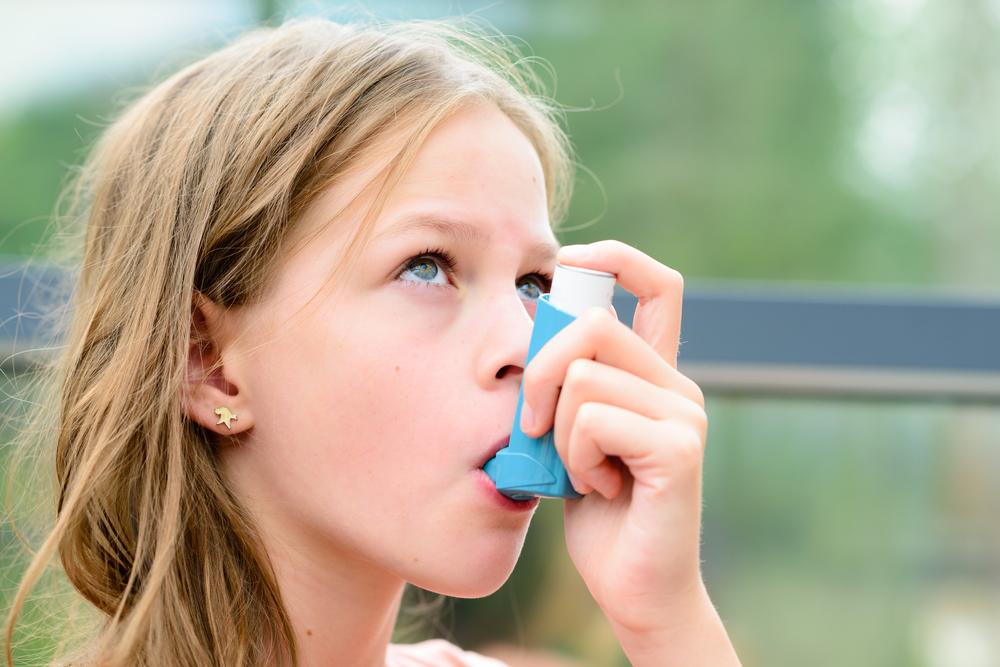How to Distinguish Cold from Allergic Reactions: Key Indicators to Know
Learn how to differentiate between cold and allergy symptoms effectively. This guide highlights key signs like fever, itchy eyes, and body aches to help identify the condition quickly. Accurate recognition ensures proper treatment, reduces discomfort, and speeds up recovery. Understanding these differences is essential for anyone experiencing respiratory issues or allergic reactions, improving overall health management.

Understanding Cold and Allergy Signs
Colds and allergies are common health concerns that can affect individuals across all age groups. According to health authorities, adults typically catch two to three colds annually, while children may experience even more due to developing immune systems. Allergic reactions also affect millions nationally. Differentiating these conditions is vital for effective treatment. Recognizing their unique symptoms allows for quicker diagnosis and appropriate care, ensuring better comfort and recovery outcomes.
Identifying the key differences between cold and allergy symptoms is crucial. While some signs overlap, their causes and durations vary. Accurate diagnosis helps healthcare providers prescribe suitable treatments, speeding up recovery and reducing discomfort.
Symptoms of Cold
The common cold, caused by a virus, presents with various symptoms:
Constant runny nose with mucus
Coughing, sneezing, sore throat, and nasal blockage
Headaches, fever, and body aches in more serious cases
Fever often appears early and is linked with headaches
If symptoms last over two weeks, complications like sinus infections may arise
Fluctuations in temperature and nausea also happen sometimes
Symptoms of Allergies
Allergic reactions occur when the immune system responds to specific triggers called allergens. These release chemicals like histamines, leading to allergy symptoms:
Repeated sneezing
Coughing and sore throat
Runny and stuffy nose
Itchy, watery eyes
How to Differentiate Cold and Allergies
Though symptoms may seem similar, certain signs help distinguish them:
Itchy, watery eyes usually suggest allergies
Fever often accompanies severe colds, especially in children; allergies rarely cause fever
Sore throat appears in both but is more prominent with colds
Muscle aches are common with colds but uncommon in allergies
Distinct Cold Indicators
Fatigue and muscle discomfort
Overall body aches
Sore or partially blocked throat
Distinct Allergy Indicators
Itchy eyes
Wheezing
Skin reactions such as rashes, eczema, or hives, often related to dermatological allergies


